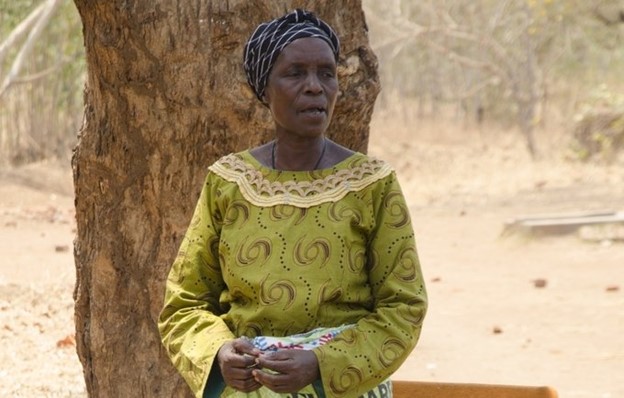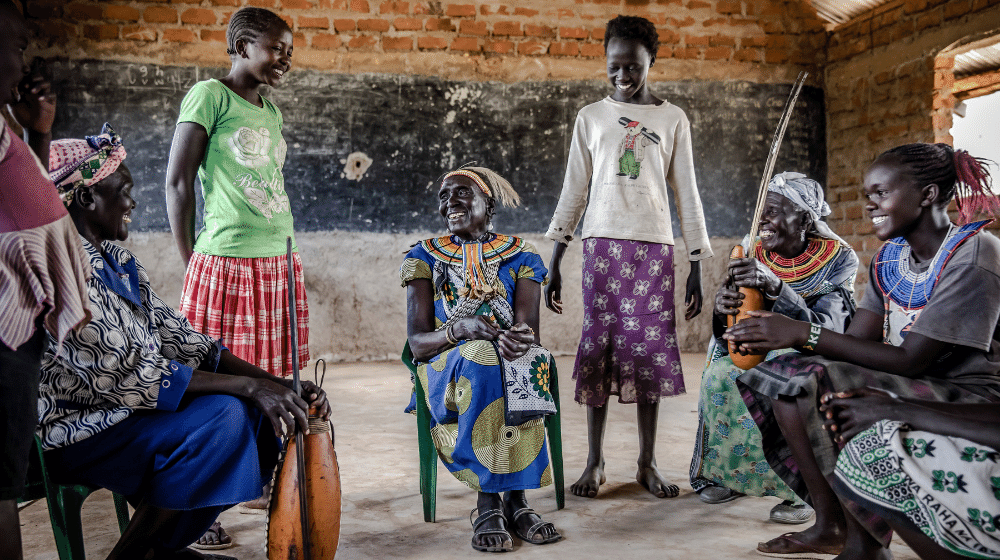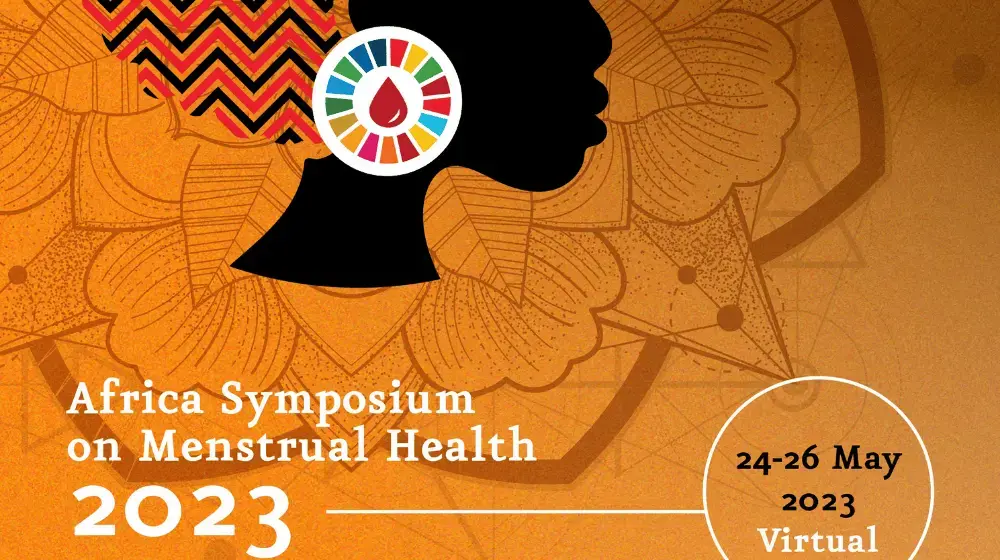Blog by
Lydia Zigomo, Regional Director
As the product of two strong grandmothers who looked after me in my younger years while my mother worked as a nurse and midwife, I recognize and appreciate the role older women and older people in general play in shaping the lives of future generations.
The wisdom of the ages that they imparted into my own life has contributed to who I am today. I can see the same in my siblings, and my wider extended family. Today, as we celebrate the International Day of Older Persons, we need to look at the world through their eyes – filled with wisdom and clarity on how the world can be a better place for the next generations.
For those of us in our middle years, and those even younger, with knees that carry more lift in our steps, do we really see the older persons in our communities? As their gait slows down in this fast-turning increasingly digital world, do we stop for a second and ponder how life is for them? Their houses filled with dim memories, often empty, children long gone, their mental and health needs ignored. Yet they remain optimistic, taking a long view of the twisting and turning road of life. My late father said every year he celebrated his birthday after turning 70 until his passing at 80 years of age, was a bonus, and he lived life accordingly.
Population ageing is one of the most significant demographic trends in this century, and most of us will experience it. By 2030, 1.4 billion people will be at least 60 years old. In East and Southern Africa, the older population group is growing at a rapid rate and by 2050, the region will be home to 95 million people over 60 years old. Like most other regions, women in the region live longer than men – they can expect to live to age 68, while men live on average to age 63.
In a changing world and with the COVID-19 pandemic, an ominous climate crisis, non-stop conflicts and disasters, the older population is at the epicentre of layered threats.
In a changing world and with the COVID-19 pandemic, an ominous climate crisis, non-stop conflicts and disasters, the older population is at the epicentre of layered threats.
But despite the challenges, older people have inspired us with their remarkable resilience and their tenacity in ensuring a better world for the next generations of young women and girls. For example, Traditional Authority Mwanza, one of Malawi’s female chiefs, was married at the tender age of 14. Today, she is a staunch promoter of girls’ education and a champion in eliminating harmful cultural practices, including child marriage, in a country that has one of the highest rates of child marriage in the world.

On the other hand, in Kenya we have women in their 70s, like Chepchongil Cheleston, Kokarupe Lorwu and Methani Chepurai Lokuda, who are female genital mutilation survivors and former cutters. They have since turned their backs on the blade, fighting against the harmful practice and encouraging a younger generation to do the same - and they refuse to conform to cultural and societal pressures.
UNFPA research reveals that the needs of the growing population of older people, especially women, are not adequately considered in development initiatives. Significant gaps remain in national preparedness to respond to population ageing.
Today, we reaffirm the importance of this year’s theme for the International Day of Older Persons, on “The resilience and contributions of older women”. Across East and Southern Africa, older women are a cornerstone of long-term care provision in families, for both the younger and older family members. While the physical labour and emotional stress of their caretaker roles can impact their health and well-being negatively, they continue tirelessly to secure the well-being of their families and their communities, like the Kenyan women and the champion in Malawi.
Despite efforts, older women in the region experience challenges in accessing inheritance and securing land tenure rights after the death of a spouse. This is not the only form of exclusion faced by older people. They are also on the receiving end of discrimination relating to their sexual and reproductive health and rights.
We are calling for changes in attitudes, policies, and practices to ensure that older people are not viewed simply as welfare beneficiaries but as active participants in the development process, and whose rights must be respected. Older people are often incredibly productive and make contributions as key members of society, and there is a longevity dividend to be reaped by current and future generations.
Through their eyes, we should see a world where there is social, economic, and political inclusion of all people at all ages. We have the responsibility as individuals, societies, and global communities to put appropriate measures in place to secure health care, regular income, social welfare, social networks, and legal protection for older persons. This is a collective pledge and a commitment enshrined in the Sustainable Development Goals.





